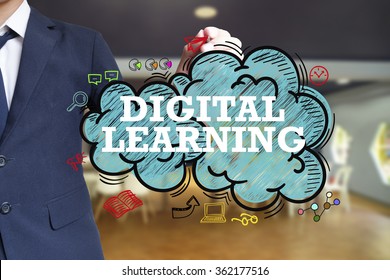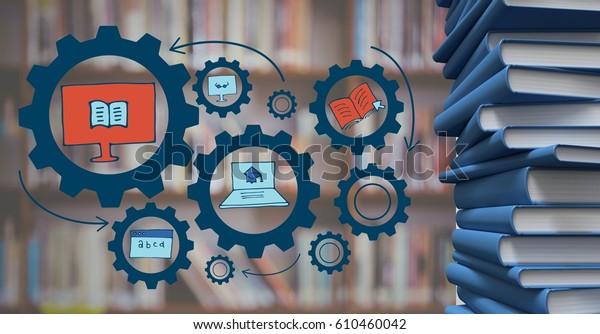Reflection
Digital literacy is a term that is analyzed in this 21st century. Even though technology has been here for quite a time, it seems like it blew up overnight. Digital literacy has been in my mind for the past 16 weeks. Which, the more I read on it, the more I believe digital literacy should be taught at an early age. After reading some articles, I found out that researchers have been analyzing digital literacy for some time. An article that I read called “Critical Perspectives on Digital Literacies: Creating a Path Forward”. (Spires, 2019) states that digital Literacy is defined as exposing people to information and media. Exposing people to information gives them the ability to read critically and formulate their opinions on variety of literature. However, curiosity provides the new generation with the ability to read interpret and acquire more information from multiple. The article discusses four themes. Which are defining digital literacy, social culture theories of digital literacy, digital literacy in practice, and digital skills and efficacy. The article also addresses Vygotsky’s Sociocultural Theory of Learning. Sociocultural theory of learning situates digital literacy and learning. Vygotsky view of learning stems from social interactions between humans and the learning that transpires. His theory still applies to contemporary settings in which learning takes place when humans interact with digital technologies. What Vygotsky mentions above, answers my question that I have about digital literacy. I believe students can learn when it comes to digital learning.

Reference
Spires, H. A. (2019). Critical perspectives on digital literacies: Creating a path forward. Media and Communication, 7(2), 1-3.
Photo business-man-writing-digital-learning-600w-362177516.jpg

